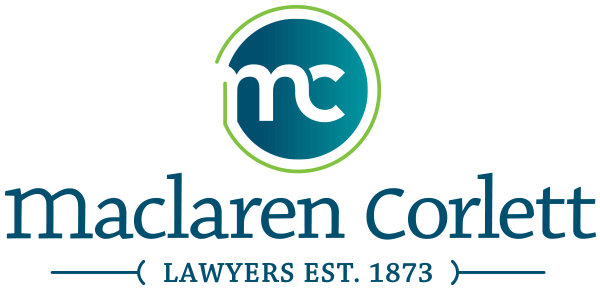I am not really sure whether this is a blog, a complaint, advice, a lecture or something entirely different. In any event, it is an opportunity for me to share my thoughts in an informal way.
Here is the common scenario: you have a question, you pull out your favorite electronic device, you go to your pet search engine, you type in the question and immediately receive numerous answers, often phrased in similar ways. We then tend to adopt the one we favour most, stop reading and believe we have found the solution in the most effortless of manners. Because we have put little to no effort into researching the answer, we often either forget the complete response or remember it differently from how it was originally phrased.
The major problem, as I see it, is that you may have found an answer but you may not have found the answer, or at least a complete one.
Now comes my bemoaning…and confession.
I confess that I do a lot of searches – a lot, but unless the question is a fairly simple one, I don’t rely on it as conclusive evidence. The answer one gets may instantly gratify my/your desire for a conclusion, but it may be inaccurate, incomplete or not appropriate for the particular circumstances in which your question arose. I go to the doctor, I don’t self-diagnose after consulting Dr. WebMD®.
What we seem to be losing in our busy schedules is ‘thinking time’ and an appropriate location in which to do that. The location can be physical or mental but there should be a time and place for each of us to actually think through a question before jumping to electronic conclusions. At the risk of over using a cliche, we should have an opportunity to “peel back the layers of the onion.” I once had a professor who, in administering a three hour exam, made it a pre-requisite that each of us spend the first hour reading the question and thinking about our answers before we wrote them down. Marks were deducted from those who started writing too early and therefore not applying the appropriate forethought to their answers.
As lawyers we should have the ability to assist our clients in analyzing their respective issues and coming up with solutions. While research of all types is encouraged, what should also be encouraged is to do an analysis which should precede the research. Think a problem through, separate components, analyze and research each one of them and then reassemble it with solutions backed up with proper support.
I try to encourage the younger lawyers with whom I deal not to run off and come back 5 minutes later with a list of website solutions they deem to be the Golden Fleece. I prefer that they take a bit more time to mentally analyze and comprehend all of the aspects of the question before rushing to any kind of conclusion.
What do you (not Google®) think?

